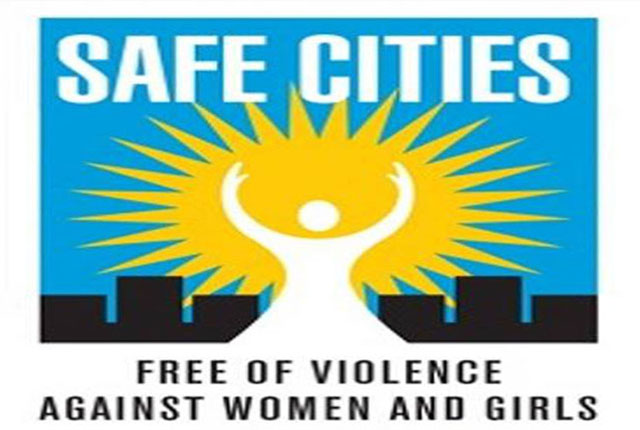Make public spaces safe for women and girls

 Lazarus Sauti
Lazarus Sauti
Last month two women died owing to reckless people operating in the public transport system.
Jocelyn Gomba (17), a Form Four student at Harare Girl’s High, was run over by a speeding commuter omnibus at the corner of Leopold Takawira Street and Park Lane when she was on her way home from school.
A 25-year-old pregnant woman, Lyn Chidawaya (nee Amisi), died with her unborn baby after touts operating at Mbudzi roundabout in Harare punched her in the stomach as she tried to board a Beitbridge-bound bus.
According to her sister, Liona Misi, who was with her at the time, the two arrived at Mbudzi around 8pm on May 23, and a group of about five touts punched and assaulted them.
Chidawaya is believed to have sustained internal injuries and was hospitalised, but died two days later.
Shocked by these incidences, Chiedza Chitengu (32) from Mabvuku high density suburb says women and girls are being abused by touts and transport operators daily.
“The current transport system in this country is not friendly to women and girls as touts and some public transport operators harass and abuse us on a daily basis,” she said.
Ronnie Murungu, country director for Action Aid – a global movement of people working together to further human rights and defeat poverty for all – is also saddened by the loss.
“It is heartbreaking to note that we have lost two precious lives due to unsafe public spaces at a time Zimbabwe and the rest of the world are commemorating the Safe Cities Campaign one year on,” he said.
Women activist Daphne Jena adds that the deaths of Gomba and Chidawaya prove that violence in public spaces was on the increase.
“These incidences not only show that the current transport system in this country is a threat to women and girls, but support findings from a baseline survey commissioned in 2013 by the Women’s Affairs Ministry and Gender Links that noted that violence in public spaces was on the increase,” she said.
Jena added, “All relevant stakeholders in the provision of public transport, in line with the Sustainable Development Goal (SDG) 11, should consequently make public spaces as well as transport systems safe for women and girls at all times.”
SDG goal 11 seeks to make cities and human settlements inclusive, safe, resilient and sustainable, and target 2 of this goal specifically endeavours “by 2030, to provide access to safe, affordable, accessible and sustainable transport systems for all, improving road safety, notably by expanding public transport, with special attention to the needs of those in vulnerable situations, women, children, persons with disabilities and older persons.”
To make cities safe as well as to ensure healthy lives for all at all ages, as provided by the SDG 3, National police spokesperson Chief Superintendent Paul Nyathi believes transport operators should stop employing touts, a fact supported by Passengers Association of Zimbabwe president Tafadzwa George Goliati who added: “Law enforcement agencies should act decisively against touts and touting as this will go a long way in ending violence against women and girls as well as making public spaces inclusive, safe, resilient and sustainable.”
Goliati added that authorities in town and cities around the country should come up with designated bus stops for all destinations.
The Women’s Coalition of Zimbabwe (WCoZ), a member of the Safe Cities Campaign Network of Zimbabwe, also urged the Traffic Safety Council of Zimbabwe of Zimbabwe (TSCZ) – the principle agent in promoting traffic safety, to expand its mandate to also factor in the safety of pedestrians and commuters.
“We are tired of burying women and girls who are not in the driver’s seat of public transport in recent weeks; accordingly, we demand that more safety measures be put in place to ensure that we stop burying our own prematurely,” WCoZ said in a statement.
It added that working with the Government and other related constituencies in transport management, TSCZ should engage citizens and come up with strategies and programmes that protect women as well as girls on the roads of the country.
Action Aid Zimbabwe, where Lyn’s husband Tinashe Chidawaya works, in partnership with Safe Cities Campaign Network of Zimbabwe, also urged relevant ministers and the parliamentary portfolio committee to come up with a policy position that effectively make cities safe for women and girls.
The writer is based in Harare and he writes in his own capacity.










Comments